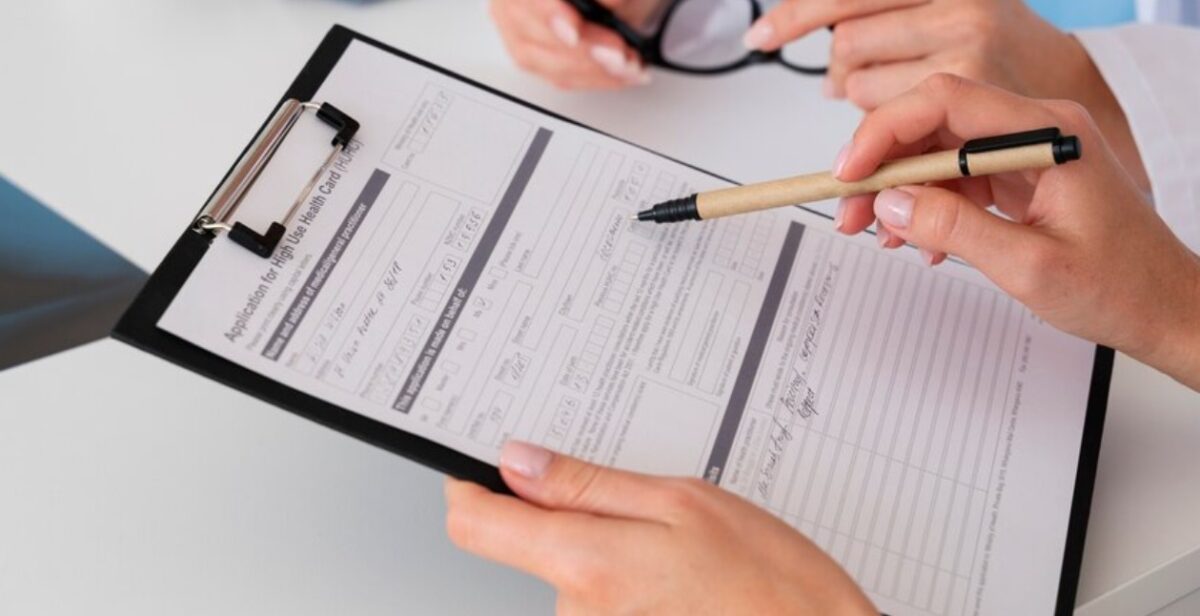How Medical Record Review Services Detect And Prevent Healthcare Fraud

The problem of healthcare fraud worldwide is enormous, and it is now a significant problem, costing the industry billions of dollars every year, driving up healthcare costs, and causing a dip in patient care. One powerful weapon to detect and prevent healthcare fraud is employing medical records review services.
Medical records review safeguards the sanctity of healthcare systems
Fighting against healthcare fraud is essential, and medical record review services are vital in avoiding fraud by providing unbiased assessments of medical records. Professional transcription service providers utilize their expertise and advanced technologies to provide accurate, comprehensive, and authentic medical records. They thoroughly scrutinize documentation, leveraging extensive medical knowledge and an eye for nuance to identify inaccuracies or discrepancies. Their diligence safeguards the integrity of medical coding and billing, ensures accuracy in reimbursement, and protects the healthcare system from the detrimental impacts of fraud and abuse.
Here’s how they contribute to detecting and preventing healthcare fraud:
- Scrutinizing for inconsistencies: Medical record reviewers thoroughly check records to identify discrepancies like mismatched dates or unperformed services billed, as these may indicate fraud.
- Assessing the necessity of procedures: Experts evaluate if treatments and tests were medically required, as overutilization can point to improper billing.
- Confirming patient identities: Verifying identities helps detect fraud through stolen patient information used for false claims.
- Ensuring regulatory compliance: Rigorous review confirms adherence to all healthcare rules and standards.
- Analyzing billing patterns: Unusual billing, like frequent upcoding or unbundling, can also suggest fraudulent practices.
- Investigating provider histories: Examining past provider convictions and discipline helps establish patterns of fraud.
Invest in medical transcription services to secure against fraud
Expertise: Reviewers often have extensive medical training and specialized knowledge of terminology, procedures, and billing codes, making them well-equipped to thoroughly identify potential instances of fraud.
Objectivity: Medical records review services provide an impartial and unbiased assessment of records, reducing the risk of internal biases causing oversight of fraudulent activities.
Cost-effective: Preventing fraudulent claims through diligent record review can generate considerable cost savings for healthcare organizations and insurers by eliminating unnecessary payouts.
Early detection: Experienced reviewers are able to detect potential fraud early in the claims process before payments are made, thus minimizing financial losses.
Legal compliance: Ensuring compliance with complex healthcare laws and regulations through record reviews helps organizations avoid heavy legal penalties and reputational damage.
Improved patient care: Fraudulent activities can empty off resources meant for legitimate patient care. Preventing fraud helps reinforce that funds are used to provide optimal care.
Pattern recognition: Reviewers can identify suspicious patterns in records that may be indicative of improper or fraudulent activities.
Conclusion:
Medical record review services play a vital role in safeguarding healthcare systems by meticulously examining records. It promptly detects discrepancies, overutilization of services, and unusual billing patterns. As technological advances empower reviewers with even greater capabilities to analyze records and identify signs of fraud, these services will grow more effective at maintaining healthcare integrity.

